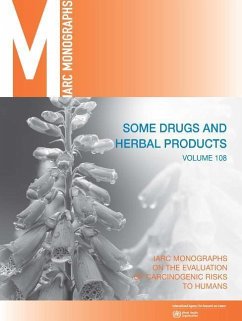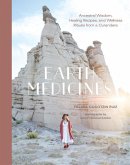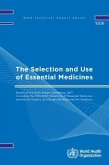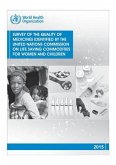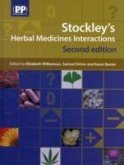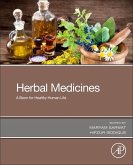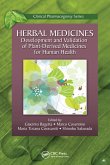This volume of the IARC Monographs provides an assessment of the carcinogenicity of 14 drugs and herbal products. The IARC Monographs Working Group relied mainly on epidemiological studies to evaluate the carcinogenic hazard to humans exposed to the drugs digoxin (widely prescribed for the treatment of chronic heart failure), pioglitazone (used for the treatment of type 2 diabetes mellitus), and hydrochlorothiazide (used to treat hypertension). Other agents evaluated included the drugs primidone, sulfasalazine, pentosan polysulfate sodium, and triamterene, and five herbal products (or their components): Aloe vera whole leaf extract, goldenseal root powder, Ginkgo biloba leaf extract, kava extract, and pulegone. In view of the limited agent-specific information available from epidemiological studies, assessments of these agents relied mainly on carcinogenicity bioassays to reach conclusions as to the carcinogenic hazard to exposed humans.
Hinweis: Dieser Artikel kann nur an eine deutsche Lieferadresse ausgeliefert werden.
Hinweis: Dieser Artikel kann nur an eine deutsche Lieferadresse ausgeliefert werden.

